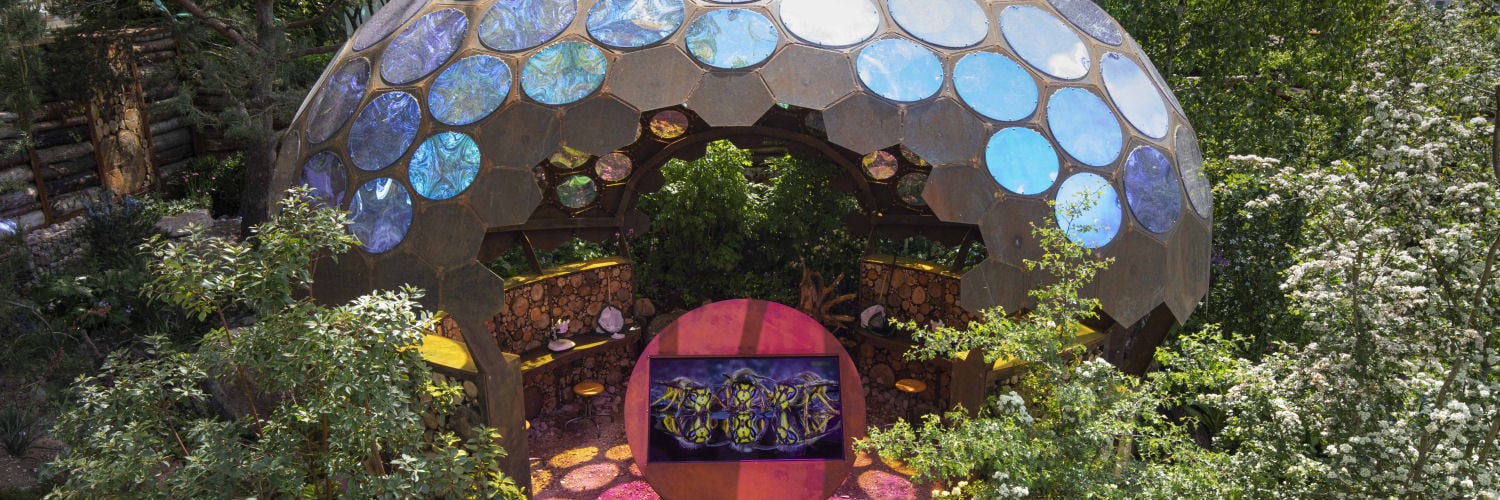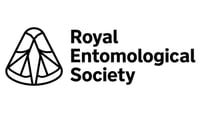 |
Simon Ward, Chief Executive, Royal Entomological Society |
The Royal Entomological Society (RES) garden at the RHS Chelsea Flower Show this year was a resounding success, setting the stage for exciting future developments at its future location at IQL Stratford, London next to Queen Elizabeth Olympic Park.
The garden was designed by Tom Massey and supported by Project Giving Back to promote the awareness and understanding of insects and their crucial role in terrestrial ecosystems, including garden habitats.

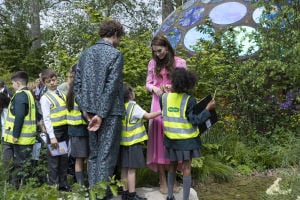
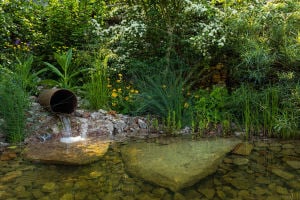 Educational opportunities that inspire and empower future generations to look closer at the insect world are at the core of RES's mission to show how valuable and remarkable insects are.
Educational opportunities that inspire and empower future generations to look closer at the insect world are at the core of RES's mission to show how valuable and remarkable insects are.
The relocated garden at IQL Stratford will play a vital role in preparing schools for GCSE Natural History by providing hands-on learning experiences that connect students with the diverse insect world and its ecological importance. Through interactive workshops and educational events, students will gain practical knowledge and develop a profound understanding of invertebrate biodiversity, enhancing their readiness for Natural History GCSE.
Every aspect of the RES Garden was thoughtfully crafted to provide rich garden habitats for insects to thrive. From the rammed earth floors and walls to the hoggin pathways and creative approaches to dead wood, each element represented a specific habitat type tailored to accommodate a wide range of insect species. The garden showcased the value of embracing different plant forms and cultivating a variety of flowers, providing abundant sources of nectar and pollen to support pollinators and other beneficial insects.
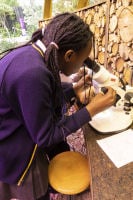
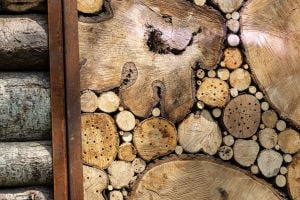 During the show, the RES Garden became a bustling hub of scientific exploration and discovery. An insect laboratory, a first in the history of the RHS Chelsea Flower Show, allowed researchers to conduct live insect surveys, tracking the diversity and abundance of insect visitors to the garden.
During the show, the RES Garden became a bustling hub of scientific exploration and discovery. An insect laboratory, a first in the history of the RHS Chelsea Flower Show, allowed researchers to conduct live insect surveys, tracking the diversity and abundance of insect visitors to the garden.
From within the lab, designed with inspiration from the insect compound eye, visitors were treated to fascinating magnified images of these insects projected onto a screen, offering a unique glimpse into the intricate world of insects.
The garden and laboratory at IQL Stratford will serve as a hub for innovative programmes, workshops, and events, all aimed at nurturing a deep appreciation for the wonders of natural history. The RES is beginning to involve local schools and communities, igniting a passion for insects and instilling a sense of responsibility for the conservation of invertebrate biodiversity.
Simon Ward
Simon is the Chief Executive Officer of the Royal Entomological Society and has worked in the life science and environmental sectors since graduating. He has a BSc (Hons) in Environmental Biology and MRes in Ecology & Environmental Management. Previously he was the Head of East Region and Education Lead with the Field Studies Council.
Keep up to date with our proposed GCSE in Natural History and other Cambridge OCR Natural History news by signing up our email newsletter and updates. You can read back issues of our Natural History newsletter here.
